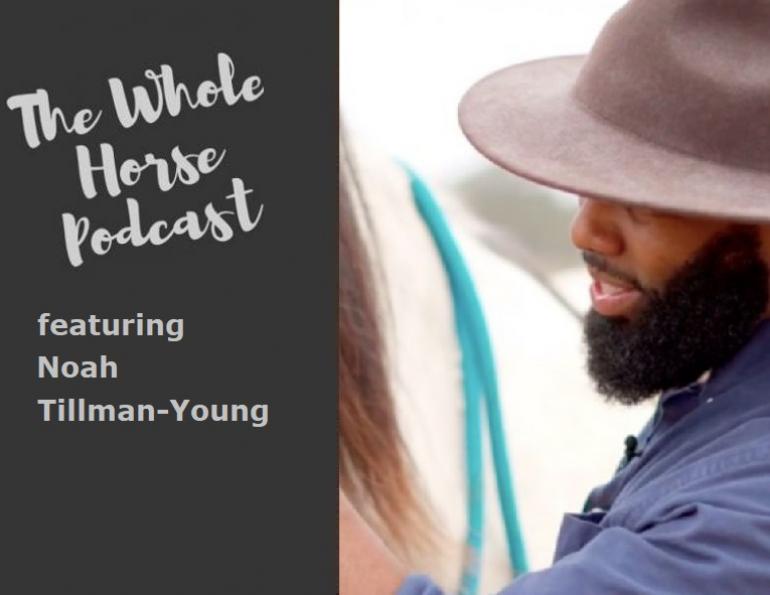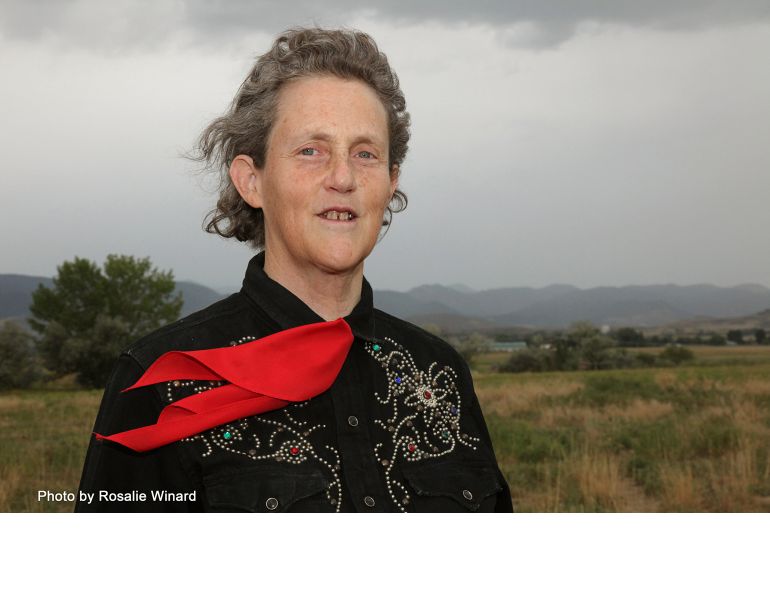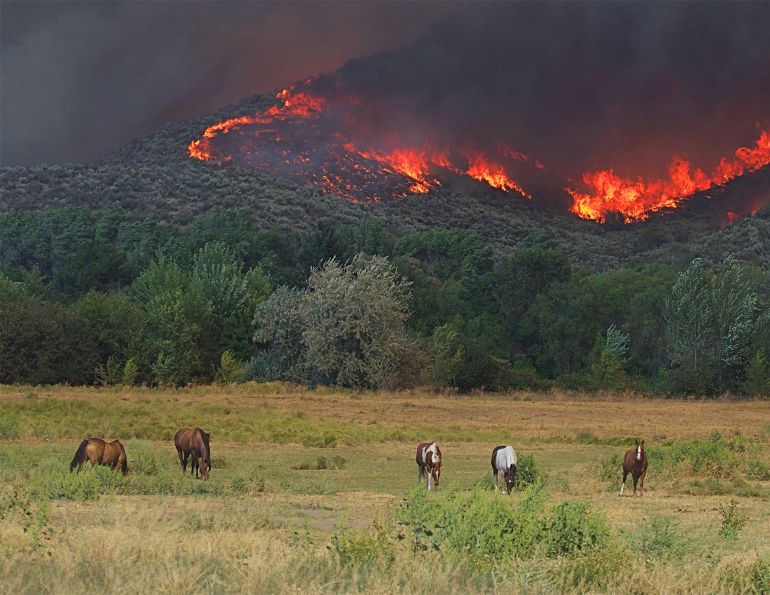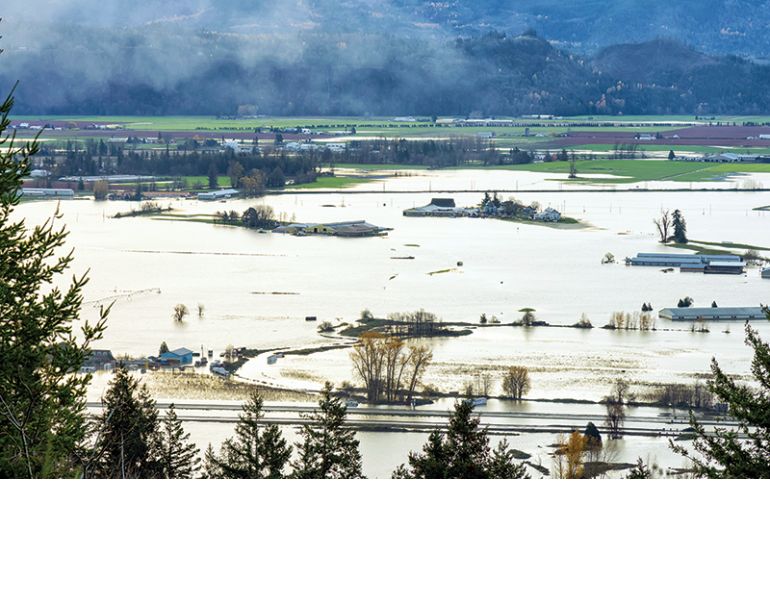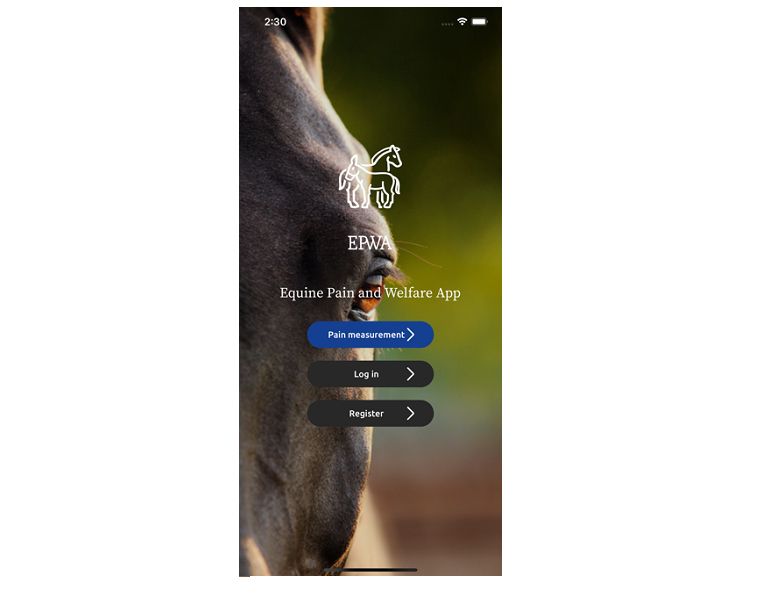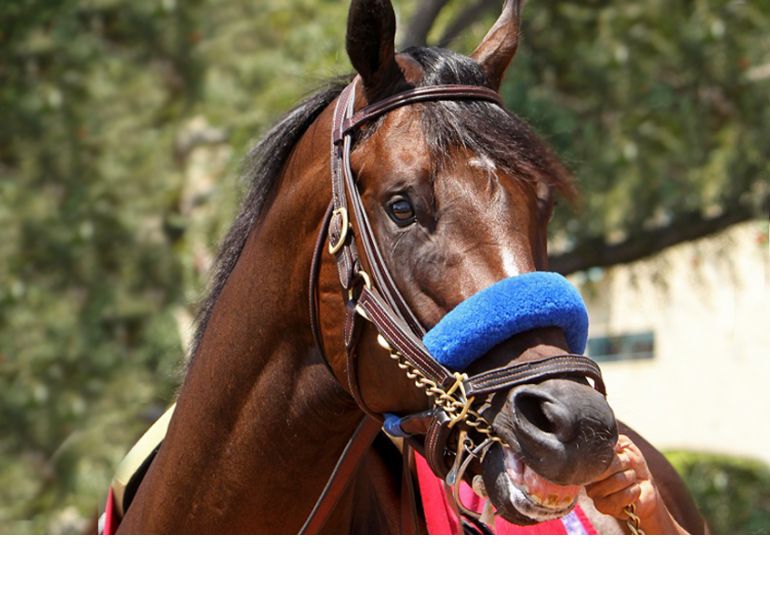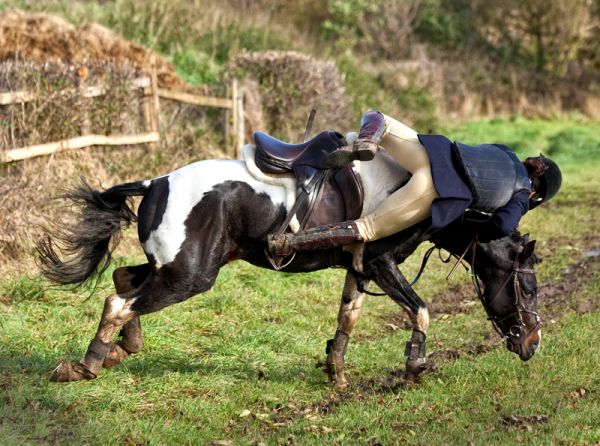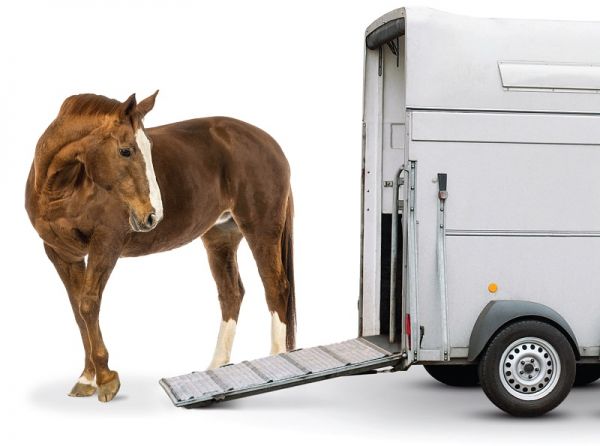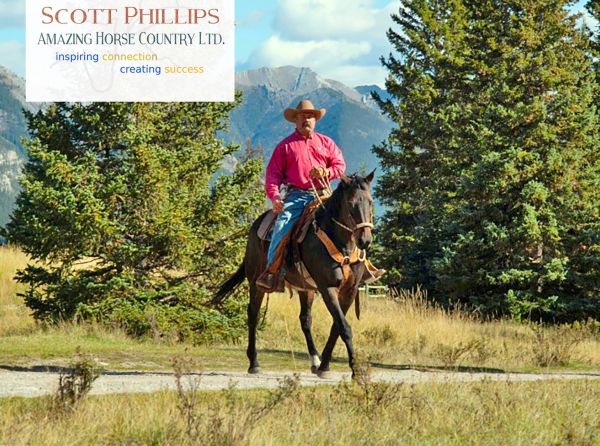By Cpl E.A. Turco, RCMP Livestock Investigator
Your worst nightmare has come true. Your horse is missing.
Calm down and breathe. First, has he gotten out of his enclosure and maybe just strayed?
Look for physical signs - a downed fence, open gate, or hoof prints heading out the driveway. Search the area and contact your neighbours. Pay special attention to other horses in your area as it's common for people to put stray horses into the nearest enclosure.
Depending on the population density in your area, spread your search appropriately, as horses have been know to travel quite a distance in a short time. Slow down! You don't need a speeding ticket or a motor vehicle accident to complicate matters.
Still no luck? Check with the nearest Livestock Identification Services brand inspector to report your horse missing and determine if they had a stray matching your horse reported captured. Next, check with your local RCMP detachment to see if someone has reported a captured stray and if not, advise them of your missing horse, and the possibility of it being stolen.
Go back to where the horse was kept, because it's time to go to the next level of investigation.
Do a detailed search of the area, looking for signs that do not belong. People that are familiar with the area can detect signs that something is out of place. Look for tire tracks not belonging to your vehicle and in areas you didn't drive. Do the same with hoof and boot tracks.
Is there anything left behind - clothing, tools, or anything that would have fallen out of a vehicle or trailer? There have been crime scenes where a wallet has been left behind by the culprit.
Has there been any physical damage done to fences, locked gates, windows, or any other property? The police will need to know about any physical damage found.
Check with neighbours. Hopefully, you're in a Rural Crime Watch area and all strangers are monitored. Ask if they observed any strangers around the area. If anyone stopped to ask directions, to use the phone, or any other unusual behavior.
Follow the above steps and, taking everything into consideration, make a decision if your horse has been stolen. If you believe your horse is stolen, report it to the police and brand inspectors. The police are responsible for the criminal investigation, and the brand inspectors for detection during their inspections. The brand inspectors will advise all other inspectors in their fanout system.
|
If your horse was branded, the chances of recovery are good. |
If your horse was branded, the chances of recovery are good. We've experienced several times now where once the thief realized the horse was branded, they dropped it off on the side of the road and left it. Depending on what was located at the scene with respect to physical evidence, unless there is a possibility of it being damaged. In some cases, tracks in the snow might have to be protected from sun and other damage, until the photographs can be taken.
The police will require a statement, in which a description of the horse is required. The police will want to know who has been around your property and horses. Not only livestock, but in other property thefts, the thief usually has some connection with the crime scene. I hate to say it, but I have seen experienced farriers, prospective buyers, and associates be responsible for thefts. When talking horse theft, there's a good chance thief has some knowledge of the horse prior to the theft. People living along a well traveled road or highway are sometimes the exception.
Again, I cannot emphasize the assistance that a brand will be for investigational purposes. If photographs are available, supply copies to the police and brand inspectors. If the horse is branded, it will be detected when sold at public auction, feedlot, packing plant, exported out of province, or checked on the highway. I would also suggest preparing a poster and forwarding it to auction markets, tack stores, and other horse related businesses. We would advertise the stolen horse in magazines and the internet. A brand will assist in people remembering your horse.
All thefts are unique and have to be handled that way, but I hope this will provide some guidance if your horse goes missing.
Remember, CrimeStoppers (1-800-222-TIPS) is for horse people too!
Reprinted with kind permission from the Horse Industry Association of Alberta.
The Horse Industry Association of Alberta (HIAA) is committed to providing a unified voice for the Alberta horse industry and strengthen it through advocacy, education, and research, with the vision of a growing, profitable industry, recognized nationally and internationally. For more information about HIAA and to check out more free educational resources, please visit www.AlbertaHorseIndustry.ca.
Main Article Photo: ©CanStockPhoto/Modeladay




 Photo: Flickr/eXtension Horses
Photo: Flickr/eXtension Horses


